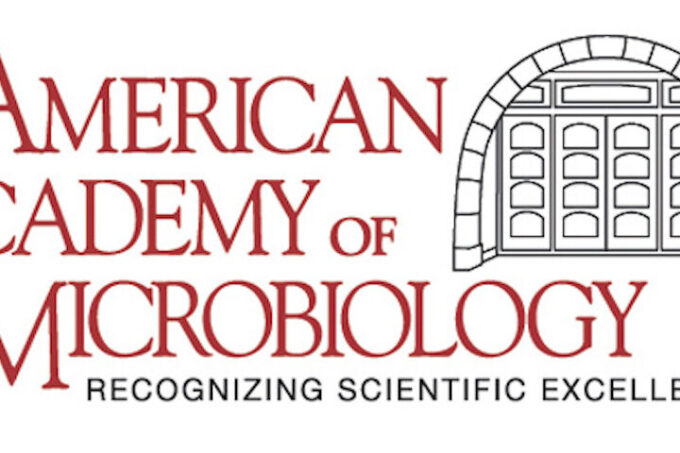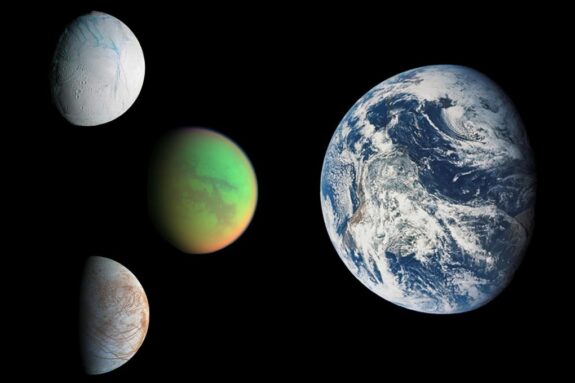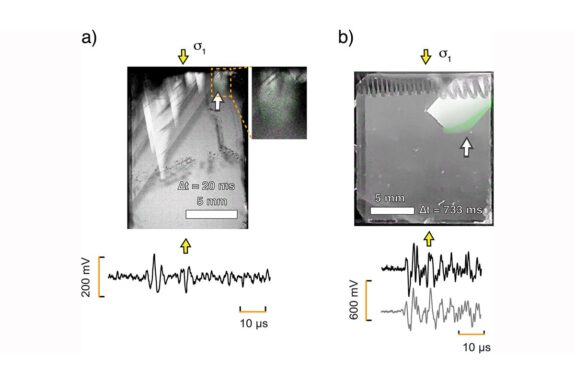Bosak elected as American Academy of Microbiology Fellow

Read the full story at the American Academy of Microbiology
In February, Professor Tanja Bosak, Chair of the Program in Geology, Geobiology, and Geochemistry in MIT’s Department of Earth, Atmospheric and Planetary Sciences, was recognized by the American Academy of Microbiology (Academy) with inclusion in their 2021 class of newly-elected fellows. Fellows of the American Academy of Microbiology, an honorific leadership group within the ASM, are elected annually through a highly selective, peer-review process, based on their records of scientific achievement and original contributions that have advanced microbiology. The Academy received 150 nominations this year and elected 65 into the 2021 Fellowship Class.
A geobiologist, Bosak is interested in the evolution of microbial life in low-oxygen environments typical for the early Earth (and perhaps other planets) and how the biosphere has evolved and interacted with the chemical makeup of Earth’s surface by producing organic carbon and biogenic gases or catalyzing mineral formation and dissolution. Her research program is at the forefront of a new wave in geobiology focused on the role of microbes in co-evolving systems and integrating molecular biology, biochemistry, and earth sciences. This is yielding new insights and constraints on everything from sedimentation to the rise of atmospheric oxygen.
Some of Bosak’s recent work has found an alternative explanation for manganese oxidation thought to signal the presence and rise of oxygen prior to the Great Oxidation Event. Additionally, she’s replicated the formation of the mineral dolomite, which captured fine microbial textures formed in ancient marine environments. Currently, Bosak is applying her knowledge of fossilization to the Mars 2020 mission, where she is co-leader of the Returned Sample Science Team that will select which samples the Perseverance rover will take from the Jezero crater looking for signs of life, and where she was also named to the Mars 2020 Project Science Group, a leadership council that helps define and refine science goals and strategies of the mission across multiple Mars rover teams.
There are over 2,500 Fellows in the Academy representing all subspecialties of the microbial sciences and involved in basic and applied research, teaching, public health, industry, and government service. In addition, Fellows hail from all around the globe. The Class of 2021 is a diverse class and represents Fellows from 11 different countries, including Australia, Canada, China (Mainland), France, Ireland, Sweden, Slovenia, Mexico, and Singapore, the U.K. and the U.S.


